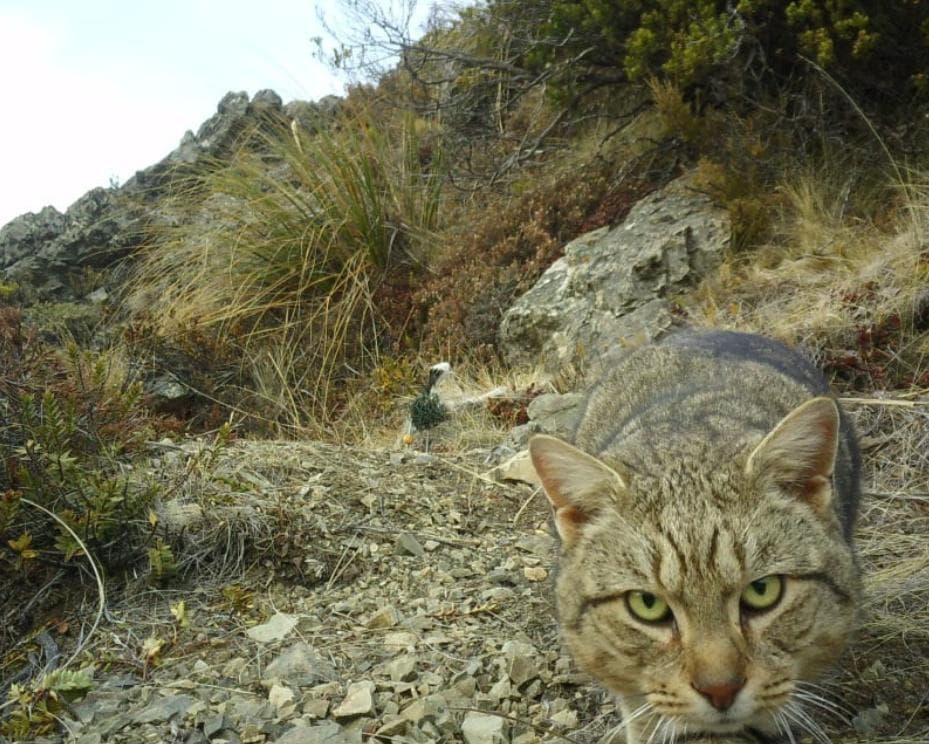‘Stone-cold killers’: New Zealand to eradicate feral cats by 2050

Click any word to translate
Original article by Michelle Duff in Wellington
New Zealand aims to eradicate feral cats by 2050, the country’s conservation minister has announced, in an echo of plans from a decade ago that generated a fierce backlash from animal rights activists.
The conservation minister, Tama Potaka, announced the addition of feral cats to the world-leading Predator-Free 2050 strategy on Friday, the first time a predator has been added to the list since its inception in 2016.
Feral cats are already caught and killed in some areas, but predators on the list are subject to coordinated targeting, with large-scale eradication programs and research. More detailed plans will be released in March 2026.
More than 2.5 million feral cats roam in New Zealand’s bush and on offshore islands, where they can grow up to a metre long, including their tail, and weigh up to 7kg. They have destroyed native wildlife, including by hunting the Pukunui, or Southern dotterel, on Rakiura Stewart Island to the brink of extinction, and killing bats near Mount Ruapehu.
Potaka told Radio New Zealand the “stone-cold killers” would join mammals such as ferrets, stoats, weasels, rats and possums.
“In order to boost biodiversity, to boost heritage landscape and to boost the type of place we want to see, we’ve got to get rid of some of these killers.”
The inclusion of feral cats comes after years of campaigning, and has faced significant public opposition in the past. When environmentalist Gareth Morgan launched his “Cats to Go” campaign in 2013, it was met with horror. A competition encouraging children to shoot feral cats saw pushback from animal rights groups. The department of conservation told the Guardian that feedback on its draft strategy was overwhelmingly in support of cat control, with 90% in favour of including feral cats on the list or better management of cats.
Domestic cats, which are not included in the strategy, are also considered a serious threat to biodiversity. Their impact has provoked fierce debate in the cat-loving nation, which has one of the highest rates of household cats in the world and patchy rules around ownership.
The National Cat Management Group, which includes the Predator Free Trust and animal rights groups such as the SPCA, advocates keeping cats indoors using the slogan “Every cat in a lap”.
SPCA scientific officer Christine Sumner said it understood the concerns with feral cats harming wildlife, and that it expected to see more funding and research put towards humane ways to control them.
“We’re talking about removing them from an environment, and this is currently done by lethal means, which we’re not happy with. That’s the biggest challenge.”
Both organisations are calling on the government to adopt national cat management legislation that includes mandatory microchipping and desexing of domestic cats – the next frontier in bird protection.
“It was a glaring omission not to include feral cats to begin with,” Morgan said. “Now we need policy changes if we are going to make this work in reality.”